Jafar Panahi is back in Competition for the second time with It Was Just An Accident. The filmmaker discusses the Iranian sense of humour, being imprisoned by his country’s authorities and why nothing can diminish his passion for cinema.
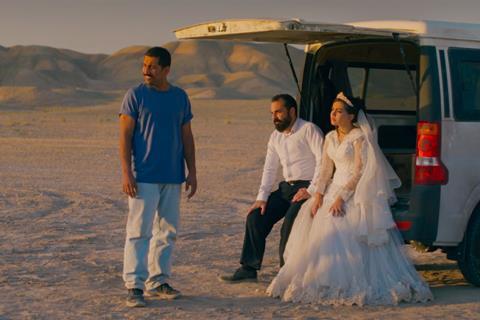
Jafar Panahi is one of the towering figures of Iranian cinema. The 64-year-old filmmaker, who began his career working as an assistant for Abbas Kiarostami, won the Caméra d’Or in Cannes 30 years ago with his debut feature The White Balloon (1995), and has been honoured at many festivals since then. He has also had run-ins with the Iranian regime, facing arrests and often being obliged to make his work underground, without official permission.
Panahi is back here in Competition for the second time (after 2018’s 3 Faces) with his latest feature It Was Just An Accident. Sold by mk2 Films, the picture deals with dark and tragic events in deceptively light and humorous fashion. A car breaking down leads to memories of torture and imprisonment, and gives some former political prisoners a chance for revenge against a brutal captor — if they are sure they’ve got the right man.
Can you comment on the tone of the film? This could be a dark and vengeful story, but it has a lot of humour and humanity.
This is something I’ve always tried to have in all my films. I think it is very relevant about Iranian society — one of the characteristics of the Iranian people is their humour. This regime has been trying for over four decades now to impose on Iranians tragedy, tears and suffering, but the Iranians always come up with humour and jokes. For me, this is a sign of the Iranian mentality.
Is the film autobiographical? Does it reflect your own feelings about your captivity?
The first time I was put in prison for 15 days, I was most of the time in solitary confinement, so it wasn’t really a collective experience. This was something very personal. I would be on my own in a very small cell, two metres wide. They would just take me out for interrogations blindfolded. I would just sit in front of a wall and hear a voice in my back. This was a very specific and interior experience.
The second time was very different because I was immediately put into the general section of the prison where there were 300 prisoners, most of them there for financial or other sorts of reasons. There were 30 of us who were political prisoners. But we were all able to see each other and talk with each other. I got to know different sorts of people, people I didn’t get to talk with usually. All this in a way fed my imagination.
When I decided to write a script, I knew what kind of people to talk to and consult. This is not my personal experience but it’s the experiences of all these people who for four decades have been in captivity and have been mistreated by the authorities.
Where did the idea of having the ex-prison guard with a peg leg come from?
He is not inspired by a real figure. This is something I realised during my first imprisonment: when you are blindfolded, you focus more on the sound.
The sound becomes a very strong aspect of your relationship to your surroundings; you can’t see the person who is interrogating you, so you start fantasising about the sound. Who are they? How old are they? What kind of person is interrogating me? The first time I was interrogated, my interrogator was asking me, “Why do you make films about the restrictions? Why do you always make films about what you are not happy with in the society?”
I said, “That is because this is how we are as artists, as film directors. As artists and filmmakers, we find our inspiration in our society.”
What is your situation now? Are you free to work and travel?
Now the sentences banning me from filmmaking and travelling, after 15 years, were revoked. I’ve been able to travel. I travelled for the post-production of my film, [and] to visit my former distributor Hengameh Panahi [founder of sales agency Celluloid Dreams, who died in 2023]. I travelled a couple of times to visit her.
What were the biggest challenges in making the movie?
Although I am not banned anymore, it didn’t really change my actual situation. I still had to work illegally. I still had to have this secrecy around my work, to have a very limited cast and crew.
No matter if I am banned or not, I still do not wish to make the kind of films they want me to make. I can’t follow the formal or legal way of filmmaking. I want to make the films I feel necessary to make. It remains always underground or parallel to the official system.
How easy is it to keep your joy in filmmaking when so many difficulties are placed in your way?
This momentum you get once you have this passion for making cinema is something no-one can take away. You keep it. I have it every time I make a film. For me, it’s all about making another film and the next film is always the best. At home, if you ask me to change a lightbulb, I’m not able to do it. But on the set, I must do everything myself because that is the meaning of life for me. If you still have this urge, and you still feel the best movie is the one you’re going to make next, then no-one can take this joy from you.



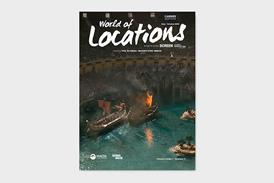

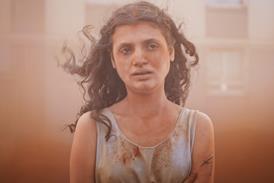
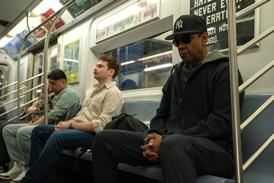




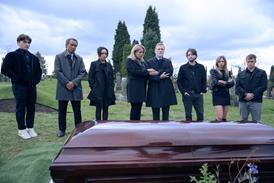

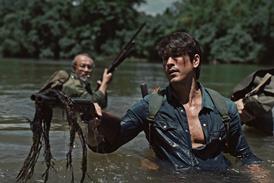










No comments yet